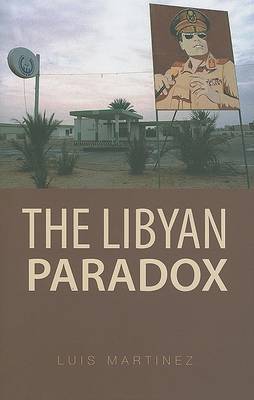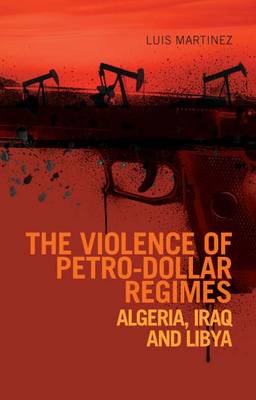Columbia/Hurst
2 total works
The militant attitude of the United States after 9/11 and the invasion of Iraq in March 2003 inspired the leadership of Libya to change its confrontational attitude towards America and Europe. The regime abandoned its development of nuclear weapons and opened its economy to the West. Nevertheless, Muammar Gaddafi, the leader of the Libyan Revolution, has found ways to consolidate his hold on the country. In this controversial book, Luis Martinez suggests that the future of Libya now lies in becoming, paradoxically, what he terms an "authoritarian liberal state."
The creation of oil "rents" in the 1970s put Algeria, Iraq, and Libya on the fast track to modernization. Massive revenues turned Algeria into the "Mediterranean dragon," Libya into an "emirate," and Iraq into the preeminent "rising military power" of the Arab world. From a political perspective, the progressive socialism of these countries would seem to have engendered profound, promising change: increased rights for women, positive urbanization, and improved education. Yet the realities of oil wealth are beyond disillusioning. The international community now wonders whether reform can ever penetrate such nations and if the West will ever enjoy secure access to gas and oil. Offering the first global evaluation of these issues, Luis Martinez considers the nature of oil-sponsored violence in Algeria, Iraq, and Libya and its ability both to weaken and bolster their respective regimes.

